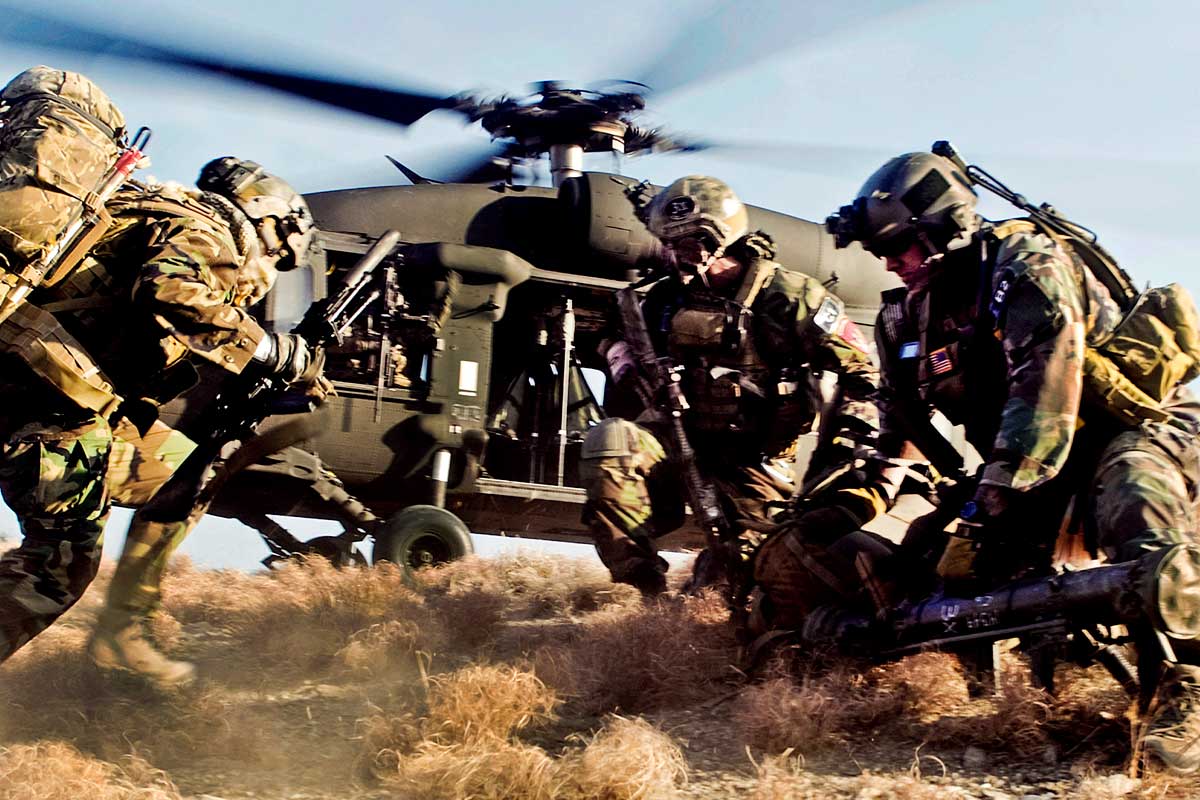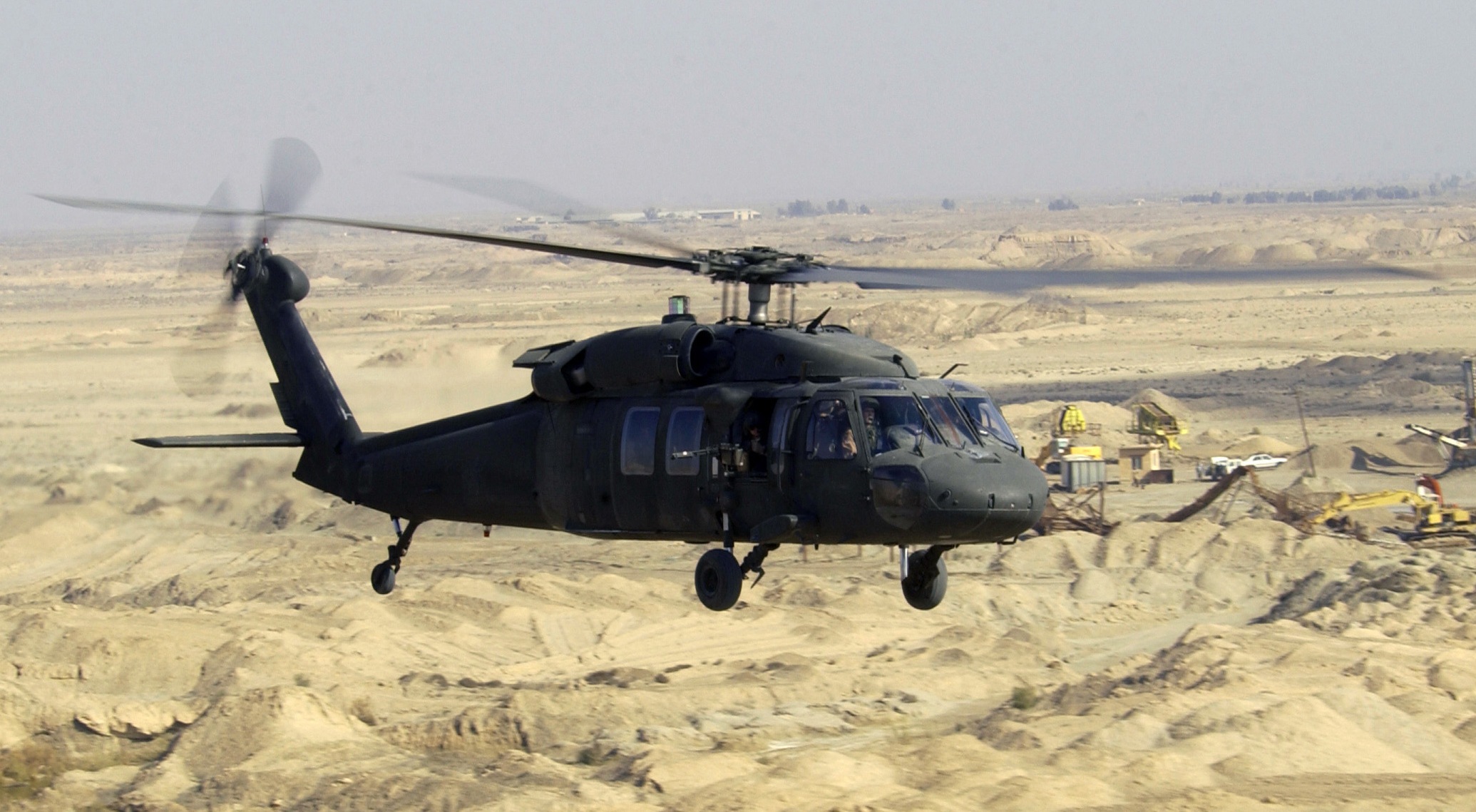UH 60 Helicopter: Advanced Avionics and Combat Solutions
UH 60 Helicopter: Advanced Avionics and Combat Solutions
Blog Article
The Role of Aircraft in Forming Worldwide Transportation and Profession Dynamics
The development of airplane has indelibly transformed international transportation and profession dynamics, facilitating unmatched levels of connection and performance. Via the establishment of robust air freight networks, companies can now browse worldwide markets with remarkable speed and agility, thus redefining supply chain strategies. This change is not without its difficulties, as the aviation market grapples with sustainability issues and regulative stress. As we discover the multifaceted influences of aircraft on global trade, it is necessary to think about just how these aspects will form the future landscape of aeronautics and its role in the economic situation.

Evolution of Air Transportation
The advancement of air transportation has been noted by considerable technological improvements and advancements that have actually transformed the way people and items move across the world. From the Wright bros' very first powered trip in 1903 to the growth of supersonic jets, each turning point has emphasized the ruthless pursuit of effectiveness and speed in air traveling.
The last component of the 20th century witnessed the appearance of business aviation as a viable mode of transportation, characterized by the intro of jet engines, which changed air traveling by drastically minimizing flight times. Additionally, technologies in navigating and interaction innovations have actually improved operational efficiency and safety and security, permitting more complex trip routes and timetables. The rise of air freight in parallel with passenger services has further emphasized the adaptability of aeronautics. As we aim to the future, arising technologies such as autonomous and electrical aircraft assurance to redefine the air transportation landscape, ensuring continued advancement and adaptation to international demands.
Effect On Global Profession
Air transportation has actually exceptionally improved worldwide profession by assisting in the swift motion of items across vast distances. This expedited logistics ability permits companies to react rapidly to market needs, thereby improving supply chain performance. The ability to carry subject to spoiling products, high-value products, and time-sensitive items has opened new markets and chances for different industries, significantly affecting profession patterns.
Furthermore, the advancement of air freight networks has promoted globalization, making it possible for business to resource products and items from various parts of the world perfectly. This interconnectedness decreases lead times and costs, allowing businesses to stay affordable in a significantly international market. Furthermore, air transportation plays a vital duty in e-commerce, where consumer expectations for quick shipment have driven a rise sought after for air products solutions.
The influence of airplane on international profession includes the creation of tactical profession courses, connecting areas and facilitating international partnerships. Countries that purchase air transportation facilities usually experience boosted economic development and boosted foreign straight financial investment. On the whole, the advancement of air transportation has not only transformed the logistics landscape but has also come to be an essential part in the characteristics of worldwide profession.

Economic Benefits of Aeronautics
A durable air travel sector produces significant financial benefits, contributing to work development, tourism, and total financial development - uh 60. The aeronautics sector sustains millions of work internationally, ranging from straight work in airline companies and airports to indirect roles in sectors such as friendliness, transportation, and logistics. According to market reports, for every work in the aeronautics market, roughly 3.5 extra jobs are created in the more comprehensive economic situation
Tourism is a pivotal element of the economic advantages originated from air travel. Flight assists in global tourist, permitting vacationers to discover diverse destinations, which subsequently promotes neighborhood economies. Countries that buy their aeronautics framework often experience boosted traveler arrivals, causing greater investing on services such as resorts, restaurants, and tourist attractions.

Additionally, air travel enhances global connection, making it possible for businesses to access new markets and resources effectively. This connectivity fosters international profession, enabling for the rapid movement of items, which is crucial in today's globalized economic situation. Therefore, fields such as shopping and manufacturing advantage greatly from trustworthy air transport, further driving economic expansion. In general, the aviation market remains a foundation of economic vitality, highlighting its essential function fit modern-day economic climates.
Challenges Encountering the Air Travel Industry
Browsing a complicated landscape of governing, ecological, and economic obstacles, the aviation market deals with significant obstacles that threaten its sustainability and growth. Laws surrounding safety and protection are constantly evolving, requiring recurring compliance and adjustment from producers and airlines (uh 60). This can bring about increased functional costs and resource allotment that interferes with innovation and development efforts
In addition, ecological concerns have become critical, with growing examination over carbon exhausts and sound contamination. The sector is under stress to adopt greener techniques and modern technologies, which often need substantial financial investment in research and growth. Balancing these environmental responsibilities with the demand for air travel offers a considerable challenge.
Economic variations, such as climbing gas rates and geopolitical unpredictabilities, additionally complicate the landscape. Airlines often grapple with unstable operating expense and changing guest need, which can impact earnings and long-term preparation. Labor shortages and skill voids in critical areas add another layer of complexity, preventing operational effectiveness.
Eventually, resolving these multifaceted difficulties is necessary for the aviation sector to keep its crucial function in global transport and profession, while guaranteeing resilience and flexibility in a significantly affordable market.
Future Patterns in Air Travel
Changing and arising modern technologies consumer choices are positioned to reshape the future Bonuses of flight considerably. The integration of expert system and device knowing is expected to enhance operational effectiveness, improve flight terminal procedures, and improve consumer solution. Anticipating analytics will certainly promote extra exact need forecasting, permitting airlines to maximize flight schedules and rates versions.
Sustainability is coming to be a vital vehicle driver in flight, with the air travel sector significantly concentrated on lowering carbon emissions. Advancements in aircraft design, such as hybrid and electrical propulsion systems, are being discovered to fulfill environmental targets. Furthermore, the fostering of lasting aviation gas (SAFs) is anticipated to play Find Out More a crucial function in accomplishing net-zero emissions by 2050.
Consumer choices are shifting in the direction of personalized travel experiences. Airlines are purchasing innovative data analytics to customize solutions and boost client interaction, guaranteeing a more tailored trip from scheduling to arrival. Additionally, the surge of remote work may result in increased need for leisure traveling, as people look for to integrate job and vacation.
Final Thought
The development of air transportation has changed worldwide trade, yielding significant financial benefits while also providing difficulties that require critical monitoring. The continuous adaptation of the aviation sector will certainly be necessary for maintaining its contributions to the international economic climate.
The last part of the 20th century witnessed the appearance of industrial air travel as a viable setting of transport, characterized by the introduction of jet engines, which reinvented air traveling by drastically decreasing trip times. The rise of air cargo in parallel with guest solutions has actually even more emphasized the flexibility of aeronautics. Furthermore, air transportation plays a crucial function in ecommerce, where customer assumptions for fast distribution check over here have driven a surge in demand for air freight solutions.
Generally, the evolution of air transport has not just changed the logistics landscape but has also become an important part in the characteristics of international trade.
Sustainability is coming to be a crucial vehicle driver in air travel, with the aeronautics industry significantly focused on decreasing carbon exhausts.
Report this page